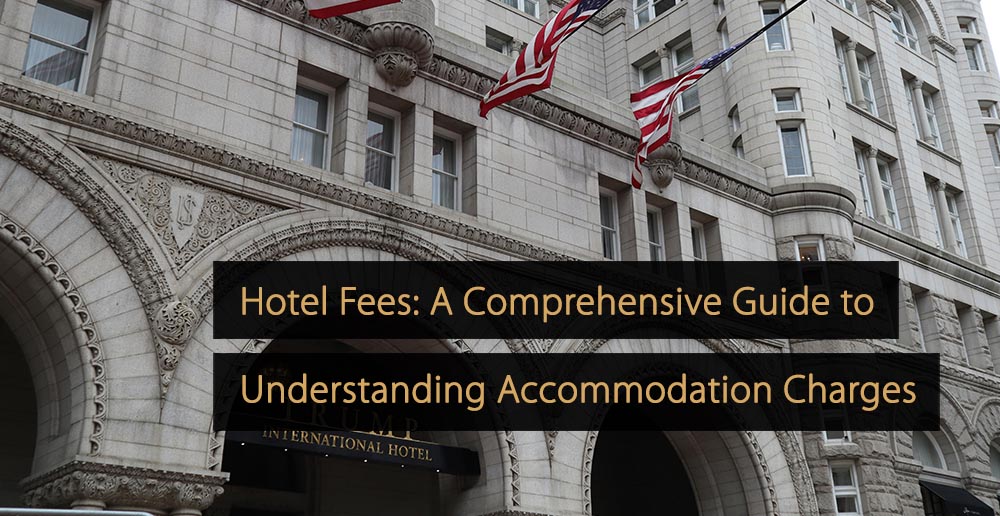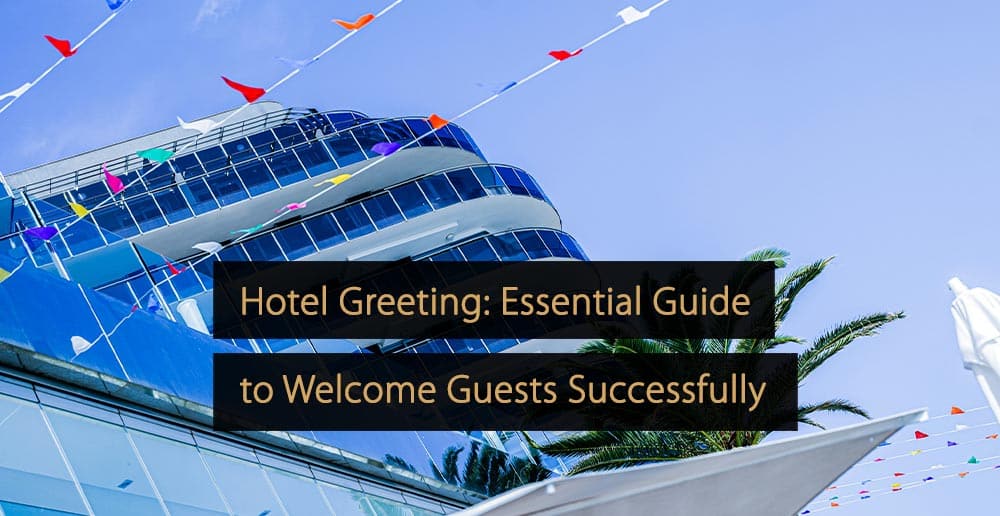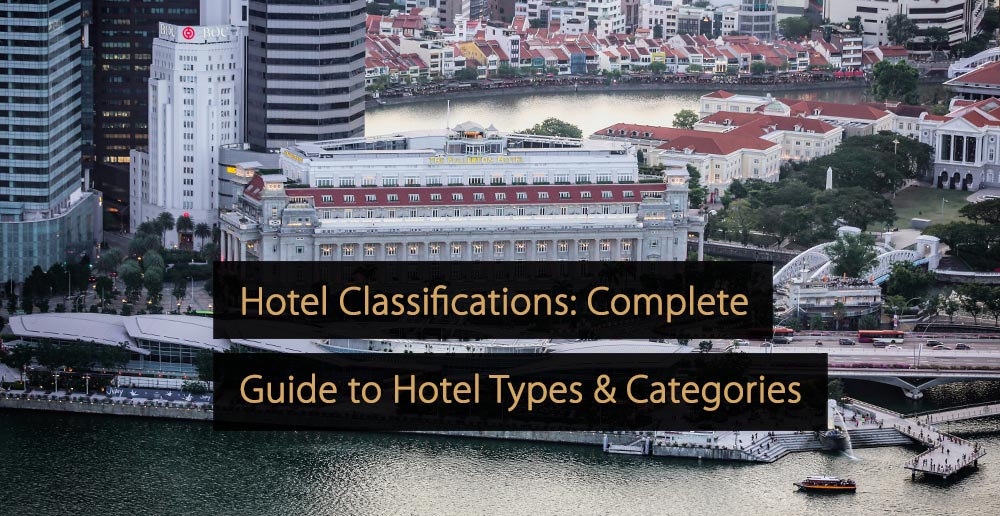As companies worldwide shift their standards to allow for more remote roles and hybrid working models, the concept of the ideal workplace has become much more subjective. With this increased flexible work environment, people are embracing the digital nomad lifestyle. This offers the ability to log in from anywhere in the world, whether in cafes, co-working spaces, and, most importantly: hotels.
Catering to Remote Work
While the remote workers may not stay overnight, they may book a room for the day to get their work done in a quiet environment or spend the afternoon ordering food and drinks in your lounge while they take a meeting. Either way, the remote worker can quickly become a valuable visitor to your hotel.
The preferences of the remote worker are, in fact, not so different from those of your typical hotel guest. And because these guests prefer long-term stays, they are looking for a hotel that offers the comforts of home while also providing the amenities of an effective workspace. Reliable Wi-Fi is just as important to them as health and safety practices, so it’s important to prioritize the basics:
- A seamless booking process: Provide potential guests with a user-friendly and hassle-free booking experience.
- Accurate and detailed information: Provide comprehensive information about your hotel’s facilities, amenities, and services relevant to remote workers.
- Responsive customer service: Offer reliable and prompt customer service to assist remote workers during their stay, especially when they encounter technical difficulties.
By having these basics in focus, you establish your hotel as a reliable brand and an optimal destination for remote workers.
In addition, you can set yourself apart from the competition by highlighting features of your hotel that will help them get their work done. For example, you can offer dedicated workspaces. These don’t necessarily need to be a conference room, but a designated area of your hotel conducive to remote work. Offering complimentary snacks and unlimited coffee in the lobby is a surefire way to attract remote workers looking for an environment that supports their productivity.
5 Ways to Craft a Compelling Digital Presence
The easiest way to attract remote workers is to meet them where they already are: online. This means making sure your digital brand presence is current and active. You can optimize your online platforms to target remote workers by using these strategies:
1. Personalize User Touchpoints
Implement personalized touchpoints to establish a strong connection with remote workers throughout their guest journey. You may want to consider the following strategies:
Website Optimization
Your hotel’s website should highlight its remote work-friendly features, such as dedicated workspaces, high-speed internet, and comfortable ergonomic setups. Visually appealing content, like professional photos and virtual tours, can enhance your hotel’s appeal. It also never hurts to continue to work on your SEO strategy. Using targeted keywords like ‘digital nomad’, ‘workcation’, and ‘remote work’ will put your hotel at the top of search results and lead to greater exposure and more bookings.
Tailored Email Marketing Campaigns
Personalized emails to potential and existing guests can showcase your hotel’s dedication to meeting their needs. These emails can include information about remote work amenities, local co-working spaces, or networking events. Take this opportunity to highlight your hotel’s remote work-friendly facilities and services and offers or discounts available to remote workers.
Chatbots for Instant Assistance
Implementing chatbots on your hotel’s website and/or messaging platforms can provide instant assistance to remote workers considering booking your hotel. They can answer frequently asked questions, provide recommendations for nearby remote work-friendly cafes, and assist with any booking inquiries. This saves your team time and energy and lets you focus on the high-level strategy.
2. Engage through Social Media
Many remote workers will turn to social channels like Instagram, TikTok, and Youtube to look for their next destination, so it’s important to ensure your brand has a presence on these platforms, even if you don’t share a post daily. When you do, you share authentic and captivating content that appeals to remote workers. This could be anything from guest testimonials, to behind-the-scenes looks, or even information about local attractions and activities. And don’t forget to participate. Thoughtfully engaging with other profiles will allow travelers to see your hotel authentically and enhance your brand’s presence within the remote work community.
Influencer marketing can also be a powerful tool for attracting remote workers. Hotels can collaborate with relevant influencers or digital nomads with a strong online presence and a remote work-focused audience. These influencers can promote your hotel’s work-friendly features, share their experiences, and generate interest among their followers while expanding your brand’s reach. Social media contests or challenges related to remote work can also encourage user-generated content and increase engagement. By consistently engaging with the remote work community on social media, your hotel stays top-of-mind and has the potential to build a loyal following.
3. Personalize Your Offers
To entice remote workers, you should take some time to develop personalized offers tailored to their needs. This can be anything from discounted long-term stays to flexible booking options that align with the unpredictable nature of remote work schedules. By understanding the specific requirements of this demographic, you can easily curate attractive offers that will set you apart from the competition.
Offering specific packages catered to remote working is a great way to attract them to your hotel. Providing packages that bundle amenities such as access to co-working spaces, complimentary breakfast, or fitness facilities can enhance the value proposition for remote workers. Marriott and Hyatt’s remote work packages are two great examples of hotel brands accommodating the specific needs of remote work.
4. Encourage User-Generated Content and Reviews
Positive reviews and user-generated content (UGC) can be vital in attracting remote workers to book with you. After they’ve left, encourage satisfied guests to share their experiences and reviews on your website, social media channels, and any third-party booking platforms your hotel is listed on. You can even get more creative with your UGC strategy by asking current and past guests to share their experiences using branded hashtags.
By receiving positive reviews on these platforms, you demonstrate your property’s commitment to meeting the needs of remote workers and can significantly influence a potential guest’s decision-making process. Sharing stories and experiences of remote workers who have previously stayed at your hotel provides social proof and establishes credibility, which leads to faster conversions.
5. Build Relationships and Earn Loyalty
Remote workers and digital nomads are more likely to come back if they enjoyed their experience the first time. Unlike guests who are on tour or staying with you for a short work trip, your hotel is, in fact, the destination for these customers. This makes it crucial to stay in touch with these guests and create a lasting relationship long after check-out.
Offer Referral Incentives
To maximize your reach and attract more remote workers, provide a referral incentive to guests who refer their colleagues, family, or friends. This simple gesture can significantly expand your network and generate new bookings from the remote work community.
Establish Feedback Loops
Following a guest’s stay, create feedback loops to gather valuable insights and improve your offerings. Actively seek feedback from your past guests and promptly respond to their suggestions or concerns. You’ll strengthen their trust and encourage repeat visits by demonstrating your commitment to continuously enhancing the remote work experience.
Cultivate Positive Word-of-Mouth
Engaging with remote workers and providing exceptional experiences can result in positive word-of-mouth recommendations. Encourage satisfied guests to share their experiences with others in their network and online communities. This is an organic way to help increase your hotel’s awareness among remote workers and attract new guests.
Collaborate with the Remote Work Ecosystems
Forge partnerships with nearby co-working spaces, remote job boards, and digital nomad communities. By aligning your hotel with these organizations, you’ll position yourself as a dedicated supporter of remote work and gain exposure to a wider audience of potential guests. Explore opportunities for cross-promotion, joint events, or special discounts for members of these communities.
By prioritizing strong customer relationships, seeking feedback, and integrating yourself within the remote work ecosystem, you can establish your hotel as a preferred destination for this growing community.
Attracting remote workers to your hotel requires a strategic approach that aligns with their needs and preferences. A cohesive and compelling digital presence paired with tailored offers will undoubtedly set your hotel apart from the competition.
Early engagement is key. By implementing these digital strategies that target them far before the booking process and highlighting features and amenities especially relevant to remote work, you can establish a strong connection that will lead to fast and repeat conversions.
More Tips to Grow Your Business
Revfine.com is the leading knowledge platform for the hospitality and travel industry. Professionals use our insights, strategies, and actionable tips to get inspired, optimize revenue, innovate processes, and improve customer experience.Explore expert advice on management, marketing, revenue management, operations, software, and technology in our dedicated Hotel, Hospitality, and Travel & Tourism categories.








Leave A Comment